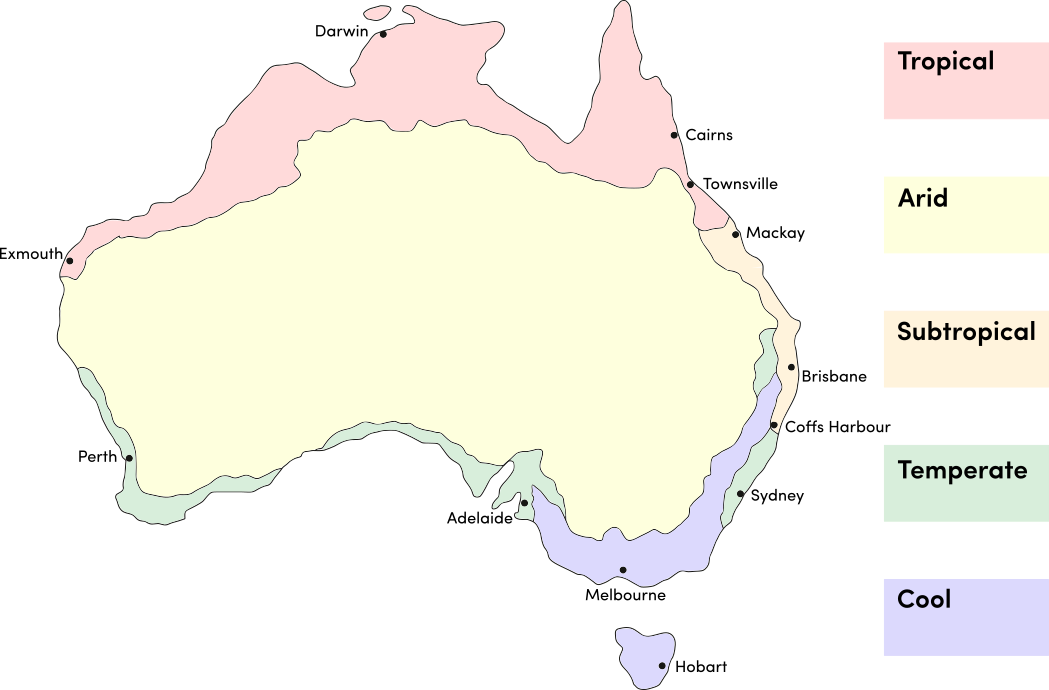When you set out on your gardening adventure, it can easily seem like there's a defined route to successful growing. From sowing times to watering regimens, feeding schedules to harvest times, it often feels like growing a plant relies on following the formula provided by a seed packet or guide, with no room for manoeuvre or experimentation.
At least, it seems that way until something goes wrong. Why has a plant failed when you've followed the instructions so closely? What have you missed? Is the information on the packet or growing guide incorrect?
The truth is that no matter how much advice you read about growing a particular plant, there are far too many factors involved in gardening for any one route to be the authoritative, guaranteed, trouble-free path you should take.
That doesn't mean you're on your own and should disregard all the knowledge that's been developed and shared over the years. It just means that as a gardener you should be prepared to improvise a little, tailoring growing instructions to your own garden. And it's this continual variation that makes gardening such a satisfying journey of lifelong learning.
What Can Affect Growing Success?
While the timings and instructions contained in growing guides can be extremely useful as an illustration, they're only ever a starting point. Your own patch of earth will greatly influence exactly how your plants grow.
- Your garden's soil type, drainage quality, and fertility levels will have a huge effect on the kind of watering and feeding routines you need to use.
- Local climates can vary greatly even within the same overall zone. No seed packets can give precise sowing and harvesting timings that work in every situation.
- Weather can change from year to year, potentially shifting seasons by a couple of weeks in either direction. Growing guides can only give a rough estimate based on typical year's weather.
- Different seed batches can perform differently each year, even for seeds within the same species and from the same supplier, so there's always some element of uncertainty.
However, none of this should be a discouragement. These variations go right to the heart of what gardening is all about, and together they increase the amount of satisfaction the pastime can provide.
Nature Is in Control
Ultimately, nature does its own thing. It wont be rushed, and it can't be forced to do things that it doesn't want to do. Great gardening is about creating the right conditions to nudge nature down the path you want it to take, and this means being flexible rather than following a strict playbook.
A good gardener benefits from successes and failures alike. It's important to learn how your own garden behaves, and how that affects your approach compared to the average conditions given in the guides.
Over time, you'll learn how your favourite plants react in your specific location, what conditions they like, and what can stop them from thriving. All this means that adaptability and an open mind are key.
Learning how to apply seed packet instructions and growing guides to your own circumstances is a skill which comes with experience, and your success and satisfaction will both increase as you continually develop it.






